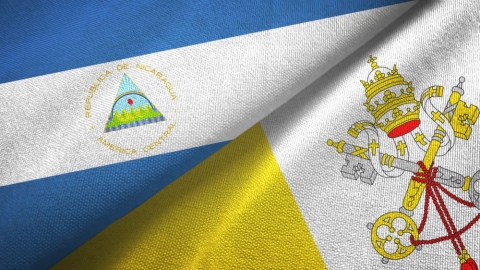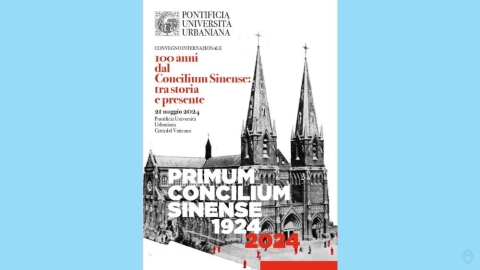Ecuador: The Constitutional Court Legalizes Euthanasia

The Constitutional Court of Ecuador
The highest judiciary body of Ecuador recognized the unconstitutionality of Article 144 of the penal code, which punishes a “person who kills another” with 10 to 13 years of prison, and approved its “conditional constitutionality.”
The highest judiciary body of Ecuador recognized the unconstitutionality of Article 144 of the penal code, which punishes a “person who kills another” with 10 to 13 years of prison, and approved its “conditional constitutionality.”
Once again, the supreme judicial power of a Hispano-American country has usurped the functions of legislative power coming from the ballet boxes and declared legal a crime against life: this is Ecuador, and the crime legalized by its Constitutional Court is euthanasia.
Paola Roldán, a 42-year-old woman suffering from amyotrophic lateral sclerosis (ALS), saw her euthanasia legalized in Ecuador thanks to a historic ruling rendered Wednesday by the Constitutional Court. This decision recognizes her right to a dignified death-- that is to say, to be killed with total impunity.
With seven votes “for” out of nine magistrates, the Court decided that Article 144 of the penal code is constitutional, unless a doctor accepts the a patient’s request for active euthanasia in a free, informed, and unequivocal manner, for the reason of intense suffering caused by serious and irreversible bodily injury or by a serious and incurable disease.
The judgment also declared the “additional constitutionality” of Article 6 of the code of medical ethics, which authorizes doctors to carry out the euthanasia procedure under conditions established by the Court, thus avoiding sanctions for homicide.
In this sense, Article 90 of the code of medical ethics was declared unconstitutional. This article stipulates that “the doctor is not authorized to shorten the life of the patient” and that “his fundamental mission in the face of an incurable disease will be to provide relief by means of therapeutic resources in this case.”
In order to allow Paola Roldán to access euthanasia, the Constitutional Court ordered the development of a law regulating the procedure, a task which will fall to the Office of the Ombudsman and the National Assembly. The Ministry of Public Health must draft regulations.
The Office of the Ombudsman will take a maximum of six months to prepare the bill, while the ministry will have two months to prepare the regulations. The Assembly, for its part, will have one year from the presentation of the legislative initiative to debate and publish the regulatory controls.
Related Article:
A Common Strategy
This decision follows other similar decisions rendered by the supreme and constitutional courts of Latin American countries. The two most recent decisions were rendered in Colombia and Mexico.
This coincidence cannot be fortuitous. It must be seen as a strategy employed by various lobbies to arrive their goal without having to go through the polls, and in order to counter possible opposition from parliamentarians or even executives.
This news is all the more distressing as it occurs in a country which has considerable crime problems: according to the Global Initiative against Transnational Organized Crime, Ecuador, in a few years, has gone from being an “island of peace” to the eleventh most violent country in the world, on par with Syria, Iraq, and Afghanistan.
This is a situation which should concern the authorities and judges more than seeing the steady progress of euthanasia.
(Sources : Agence fides/RTS – FSSPX.Actualités)
Illustration : Agencia de Noticias ANDES, CC BY-SA 2.0, via Wikimedia Commons





